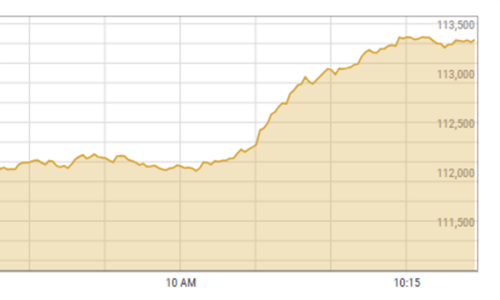HYDERABAD, Sept 1: The Joint Action Committee for Agrarian Reforms has said the government’s announcement of distributing state land among the landless peasants is not enough as it needs to do much more than that to bring about real reforms.
The committee leaders Punhal Sario, Zulfiqar Shah, Adam Malik, Nazeer Memon and Comrade Ramzan Memon said at a news conference here on Sunday that the process of land distribution should be made transparent and only the deserving and poor people should be given land at open katchehries.
They demanded that the law passed by the National Assembly on Jan 5, 1977 should be implemented in letter and spirit and the lands should be allotted not the families not the individuals.
They said that the last date of Sept 10 for submitting applications for land should be extended at least by a month to give ample opportunity to the poor peasants, especially women to take advantage of the schemes.
They feared that as had been done in the past the land might be allotted under the influence of feudal lords and landlords. Without transparency in land distribution, the reforms would be meaningless, they said.
They said that the procedure for distribution of land and the criteria for allotment on the basis of a specific definition of the poor should be publicised widely and widows, orphans and the poor women should be given preference.
They proposed a ban on the sale and lease of the allotted land and stressed collecting authentic evidence to ensure that the allottee was in fact the resident of the deh where he had been allotted the land.
They demanded that the government should ensure supply of water to the allotted land and extend financial help to the allottees for two years to help them buy seed, fertiliser and other farm inputs.
They said that taluka mukhtiarkars and other authorities concerned should be directed to publicise the details of applications received in each deh.
PROTEST: Activists of Awami Tehrik held a demonstration outside the press club on Monday in protest against artificial shortage of fertiliser and pesticides and their sale in blackmarket.
The AT leader Abdul Qadir Ranto who led the protest said that artificial shortage of fertiliser, pesticides and water had been created in Sindh under a planned conspiracy to destroy its agriculture sector.
They said that fertiliser and pesticides were being openly sold in blackmarket and it appeared it was an attempt to force the farm owners to sell their land to multinational companies.













































Dear visitor, the comments section is undergoing an overhaul and will return soon.